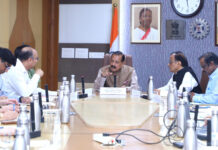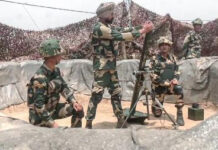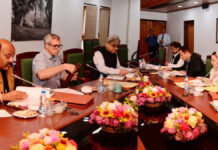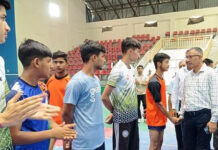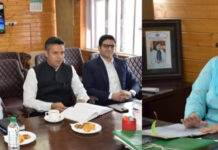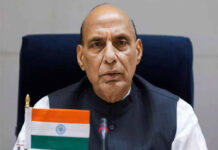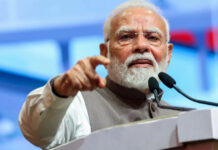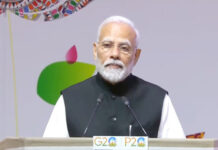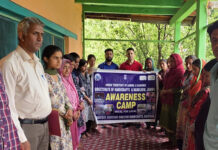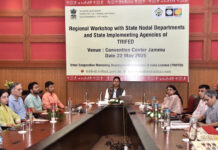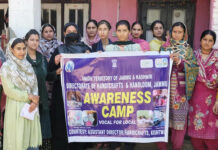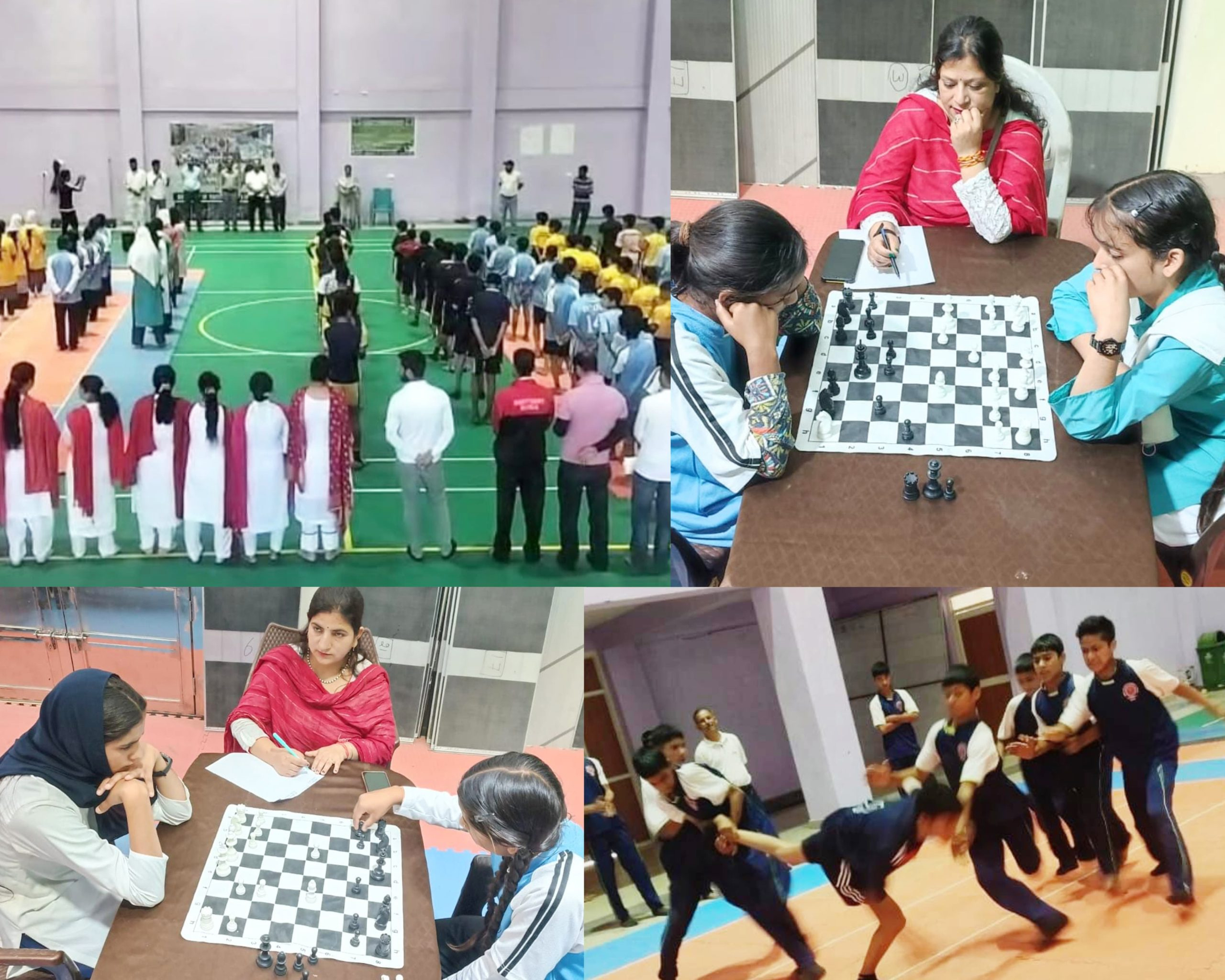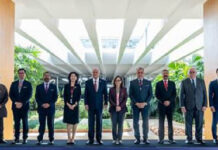Moscow, Mar 6
When charismatic opposition leader Boris Nemtsov was gunned down on a bridge near the Kremlin in February 2015, more than 50,000 Muscovites expressed their shock and outrage the next day at the brazen assassination. Police stood aside as they rallied and chanted anti-government slogans.
Nine years later, stunned and angry Russians streamed into the streets on the night of Feb 16, when they heard that popular opposition politician Alexei Navalny had died in prison. But this time, those laying flowers at impromptu memorials in major cities were met by riot police, who arrested and dragged hundreds of them away.
In those intervening years, Vladimir Putin’s Russia evolved from a country that tolerated some dissent to one that ruthlessly suppresses it. Arrests, trials and long prison terms — once rare — are commonplace, especially after Moscow invaded Ukraine.
Alongside its political opponents, the Kremlin now also targets rights groups, independent media and other members of civil-society organizations, LGBTQ+ activists and certain religious affiliations.
“Russia is no longer an authoritarian state -– it is a totalitarian state,” said Oleg Orlov, co-chair of Memorial, the Russian human rights group that tracks political prisoners. “All these repressions are aimed at suppressing any independent expression about Russia’s political system, about the actions of the authorities, or any independent civil activists.” A month after making that comment to The Associated Press, the 70-year-old Orlov became one of his group’s own statistics: He was handcuffed and hauled out of a courtroom after being convicted of criticizing the military over Ukraine and sentenced to 2½ years in prison.
Memorial estimates there are nearly 680 political prisoners in Russia. Another group, OVD-Info, said in November that 1,141 people are behind bars on politically motivated charges, with over 400 others receiving other punishment and nearly 300 more under investigation.
The USSR vanishes but repression returns
There was a time after the collapse of the Soviet Union when it seemed Russia had turned a page and widespread repression was a thing of the past, said Orlov, a human rights advocate since the 1980s.
While there were isolated cases in the 1990s under President Boris Yeltsin, Orlov said major crackdowns began slowly after Putin came to power in 2000. Exiled oil tycoon Mikhail Khodorkovsky, who spent 10 years in prison after challenging Putin, told AP in a recent interview the Kremlin began stifling dissent even before his 2003 arrest. It purged independent TV channel NTV and went after other defiant oligarchs like Vladimir Gusinsky or Boris Berezovsky.
Asked if he thought back then whether the crackdown would reach today’s scale of hundreds of political prisoners and prosecutions, Khodorkovsky said: “I rather thought he (Putin) would snap earlier.” When Nadya Tolokonnikova and her fellow members of Pussy Riot were arrested in 2012 for performing an anti-Putin song in a main Orthodox cathedral in Moscow, their two-year prison sentence came as a shock, she recalled in an interview.
“Back then, it seemed an incredibly (long prison) term. I couldn’t even imagine that I would ever get out,” she said.
A rising intolerance for dissent
When Putin regained the presidency in 2012 after evading term limits by serving four years as prime minister, he was greeted by mass protests. He saw these as Western-inspired and wanted to nip them in the bud, said Tatiana Stanovaya of Carnegie Russia Eurasia Center.
Many were arrested, and over a dozen received up to four years in prison after those protests.
But mostly, Stanovaya said, authorities were “creating conditions in which the opposition could not thrive,” rather than dismantling it.
A flurry of laws followed that tightened regulations on protests, gave broad powers to authorities to block websites and surveil users online. They slapped the restrictive label of “foreign agent” on groups to weed out what the Kremlin saw as harmful outside influence fueling dissent.
Navalny in 2013-14 was convicted twice of embezzlement and fraud, but received suspended sentences. His brother was imprisoned in what was seen as a move to pressure the opposition leader.
Moscow’s annexation of Crimea in 2014 from Ukraine created a surge of patriotism and boosted Putin’s popularity, emboldening the Kremlin. Authorities restricted foreign-funded nongovernmental organizations and rights groups, outlawing some as “undesirable,” and targeted online critics with prosecutions, fines and occasionally jail.
Home News International How Putin’s crackdown on dissent became the hallmark of the Russian leader’s...

